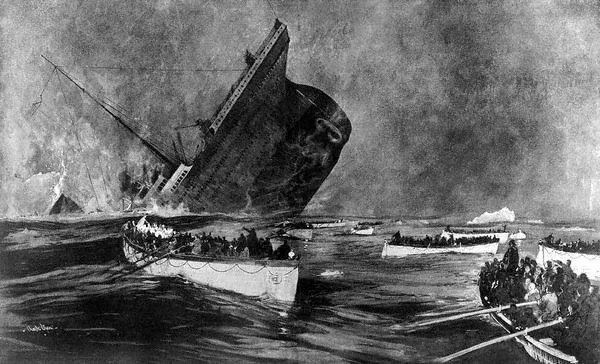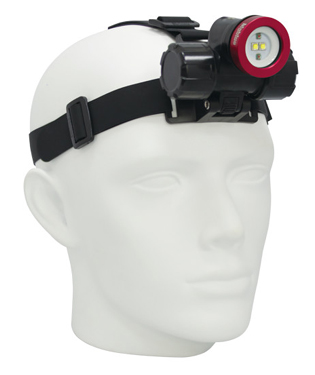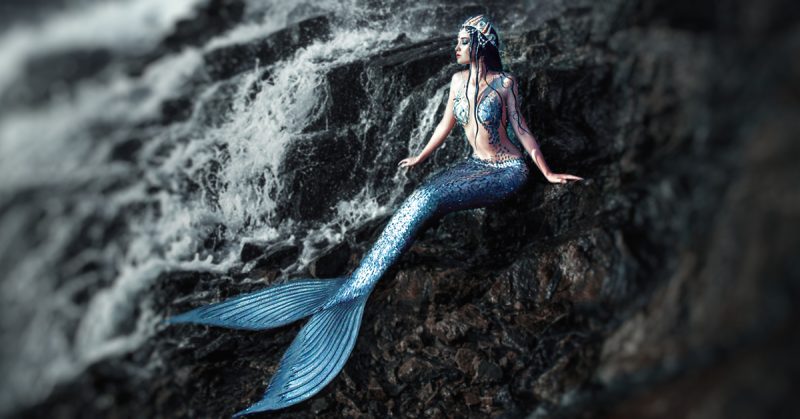
Humans are subject to a variety of cognitive biases and heuristics (mental shortcuts). These directly impact the decision-making process of the diver, sometimes resulting in incorrect judgments when certain circumstances dictate. In most settings this can be relatively harmless, however, for those operating in high-risk environments, the consequences of an incorrect decision can be critical or deadly, especially if there is a short period of time between error detection and the ability to recover the error. The bias itself impacts the divers’ perception of reality, changing their understanding of the situation, and filtering the true nature of the events as they unfold. These cognitive issues are further compounded by physiological factors in diving like narcosis, reduced colour perception and visibility, and the changes in sound transmission when underwater.
The effects on human perception
Human perception is a “conscious sensory experience” that utilizes a combination of our senses and our brain to filter and read those sensory inputs. Research has revealed that there are a number of common ways that our brain’s perception is modified. While these biases serve as filters, hindering our ability to make accurate decisions, they are also considered essential to deal with the massive amounts of information that we have to deal with in short periods of time. This blog covers this reduction process in more detail. The problem we face in real-time in high-risk scenarios is that often we are unaware of this filtering and reality modification process.
Learn more at :: https://www.thehumandiver.com/blog/17-cognitive-biases?fbclid=IwAR3H4rUTRkjbQf-3dm6eHtSYTBrSzKnQQE9InVbDrRucaucy4dbtSdUpSfs






Leave A Comment